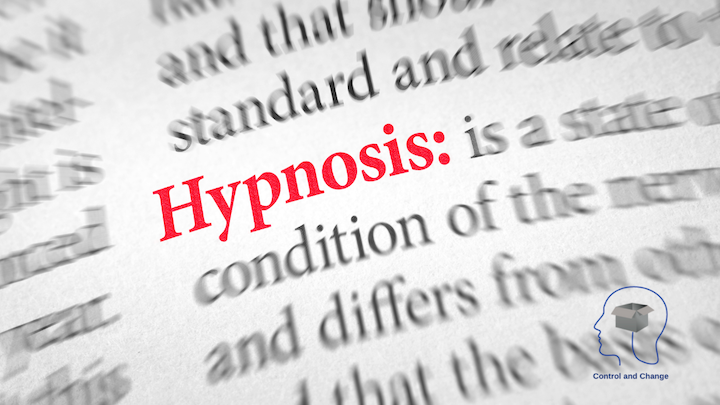Unlocking the Mysteries of Hypnosis: A Comprehensive Guide
Hypnosis has long fascinated society, often wrapped in mystery and misconceptions. Yet, at its core, hypnosis is a powerful therapeutic tool that unlocks the vast potential of the human mind. This guide demystifies hypnosis, breaking it down into key components to provide a clearer understanding of what it truly is and how it can be utilised to enhance well-being and personal growth.
What is Hypnosis?
Hypnosis is a state of heightened focus and concentration, often accompanied by deep relaxation. It’s similar to the experience of losing yourself in a book or movie, where the outside world fades away, and the mind becomes more open to suggestion. In this state, individuals can explore thoughts, feelings, and memories they might be unaware of or unable to access in their usual conscious state.
The science behind hypnosis.
Scientific research into hypnosis has shed light on its legitimacy and effectiveness as a therapeutic tool. Brain imaging studies have shown that hypnosis can actively alter the way the brain processes information, leading to changes in perception, sensation, and behaviour. This altered state of consciousness enables therapists to work with individuals in a way that can bypass some of the more critical, analytical thought processes of the conscious mind.
Applications of hypnosis.
The applications of hypnosis are vast and varied, ranging from medical and psychological treatments to self-improvement and skill enhancement. Some of the most common uses include:
– Stress and Anxiety Reduction: Hypnosis helps manage stress and anxiety by promoting relaxation and altering negative thought patterns.
– Pain Management: It’s proven effective in reducing chronic pain, including conditions like migraines and fibromyalgia.
– Overcoming Phobias and Fears: By accessing the subconscious, hypnosis can address the root causes of fears and phobias, enabling individuals to confront and overcome them.
– Behavioural Change: Hypnosis is a powerful tool for facilitating behavioural changes, such as quitting smoking, losing weight, and improving sleep patterns.
The hypnotic process.
A typical hypnosis session involves an initial consultation to discuss goals and concerns, followed by the hypnotic induction, where the hypnotist guides the individual into a state of deep relaxation and heightened focus. Once in this state, therapeutic techniques are employed to address the individual’s specific needs, utilising suggestions and guided imagery to make beneficial changes.
Demystifying common myths.
Despite its proven effectiveness, many myths surround hypnosis, often fuelled by stage performers and portrayals in TV and Film. It’s crucial to understand that hypnosis is not mind control or sleep but a cooperative process where the individual remains in control and fully aware. The success of hypnosis depends on the individual’s willingness to engage in the process and their openness to change.
A hypnotherapist cannot force anyone to reveal secrets, make them cluck like a chicken or leave them stuck in hypnosis. The hypnotee remains conscious and aware at all times during a hypnotherapy session. Hypnosis has been recognised as an effective therapeutic treatment by the British Medical Association since 1955.
An effective way forward.
Hypnosis is a profound and versatile tool that taps into the deepest layers of the human mind, facilitating healing, growth, and transformation. By understanding its true nature and dispelling associated myths, we can appreciate the potential hypnosis holds for enhancing our lives and well-being. Whether you’re seeking to overcome personal challenges or unlock new areas of potential, hypnosis offers a path to achieving those goals with the guidance of a skilled practitioner.

